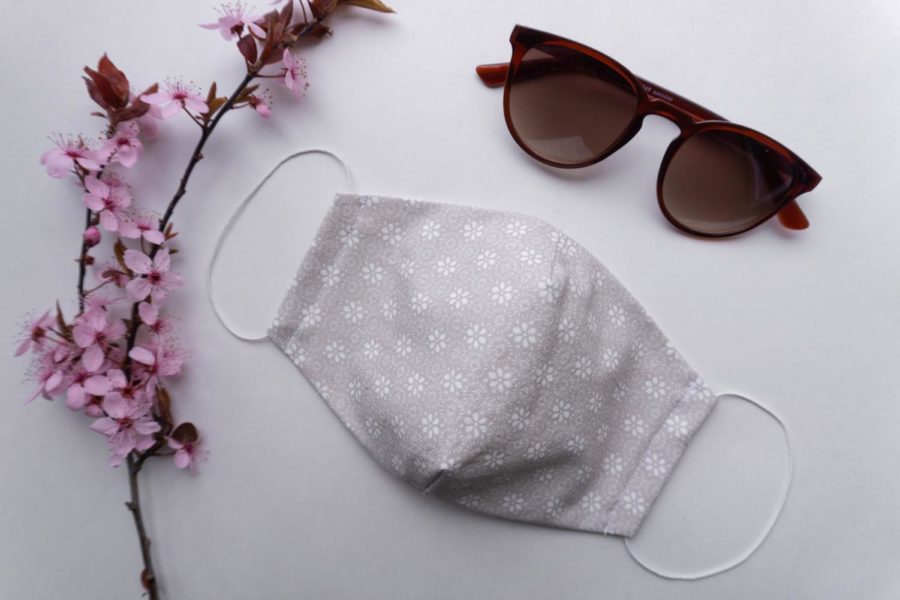What is Mask Fishing?
During the past two years of the COVID-19 pandemic, masks have come to mean many different things to different people.
During the COVID-19 pandemic, face masks have served as fashion accessories for some and essential protection against COVID-19 for others (especially those wearing KN95 and N95 masks).
“Woah, that person looks so different without their mask on!”
If you have thought this, then you might have fallen victim to the phenomenon of mask fishing, made possible by the widespread use of masking, commonplace since the start of the Coronavirus pandemic in March 2020. Many people have stated that masks make a face look completely different than they do otherwise, in some cases causing surprise when removed.
As wearing masks has become a familiar part of our routines, we have become accustomed to the covering of half our faces when interacting with others. The only time that many of us are fully revealed in public is during the acts of eating or drinking. This has, in my case, led to a dependence on wearing my mask, no longer needing to hide facial expressions or be insecure about the way that the bottom half of my face looks.
As such, I sometimes feel insecure when I have to take off my mask. Others second this problem, saying that wearing a mask gives them more confidence when speaking.
“I don’t mind wearing a mask; in fact, I feel even more comfortable when I have it on,” said Pelegano-Titmuss.
This has led to a difference in how many see themselves and others when masks are not on.
On social media platforms, many have been accused of ‘mask fishing or purposely wearing masks to hide what they really look like in order to gain some sort of benefit, whatever that may be. Because people naturally assume that faces are proportional, masking may lead to people looking different from others’ expectations, which I would argue is caused by the unrealistic beauty standards that our society places on people.
Because of this, I have started to feel uncomfortable when I have to take off my mask at lunch, when others are watching, because of the fear that they may see me differently when I take it off.
Even if there is a striking difference between someone’s face with a mask and face without one ( if they have a large mustache, for example), it doesn’t matter. They are still the same person with their mask off. Many people gain some sort of confidence knowing that they will not have their entire face seen, so the wearing of masks is, from a perspective concerned with appearances, both harmful and positive for different mask-wearers.
As wearing masks has become a familiar part of our routines, we have become accustomed to the covering of half our faces when interacting with others.
Rose Marabello is an Arts and Entertainment Section Editor for ‘The Science Survey.’ She enjoys writing engaging articles that showcase the brilliance...

